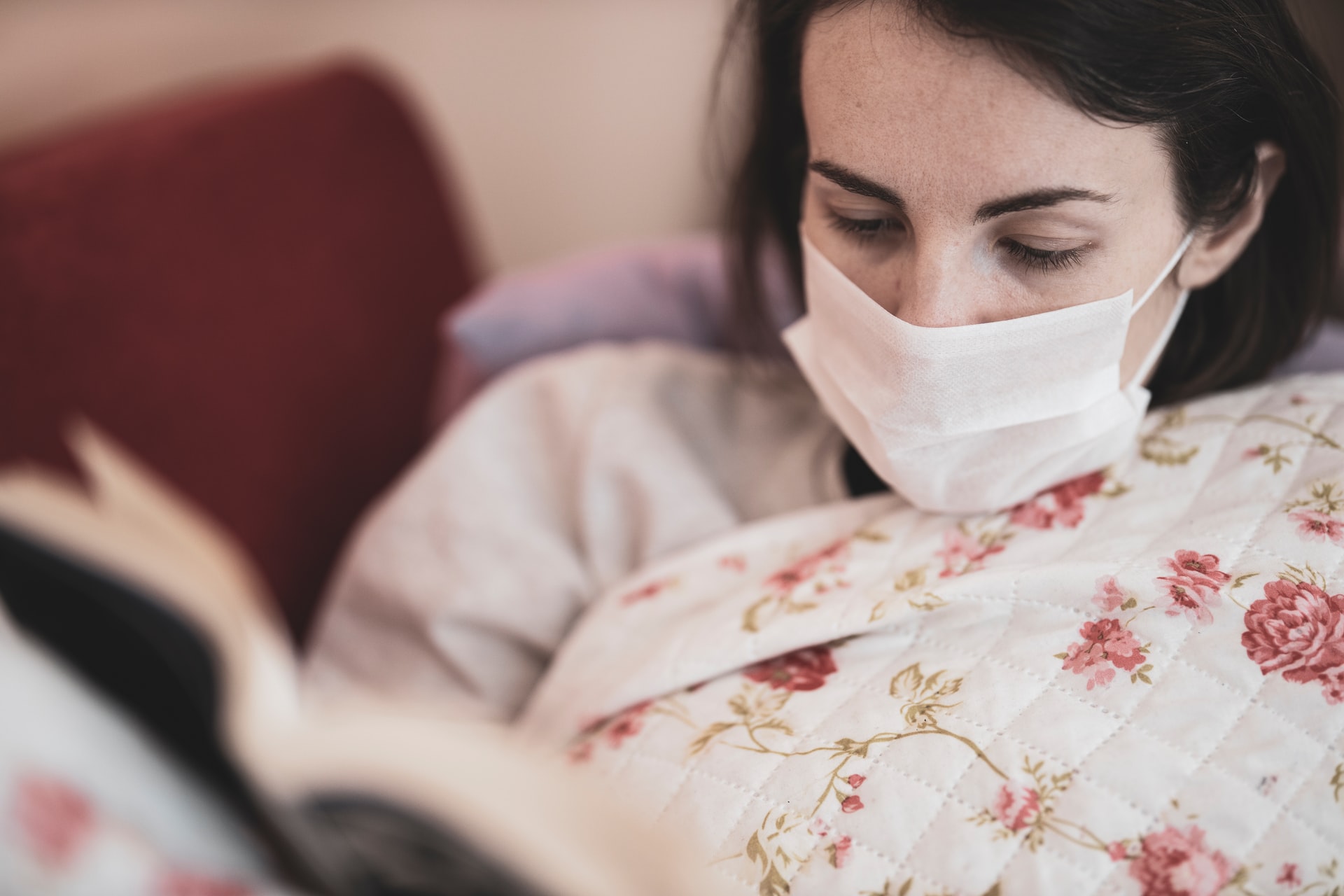

Fully vaccinated people who contract COVID-19 are about 50 percent less likely to experience long COVID than unvaccinated people who get infected, researchers report in a new paper.
A team of researchers in the United Kingdom analyzed the health outcomes of adults who contracted COVID-19 and then used a voluntary symptom-tracking mobile app. The participants who received one of two doses of the Pfizer, Moderna, or AstraZeneca vaccines between December 2020 and July 2021 were compared against a control group of unvaccinated individuals.
Researchers found that only 0.2 percent of nearly 1 million fully vaccinated people reported a breakthrough infection. But those breakthroughs were twice as likely to be asymptomatic compared to unvaccinated infected individuals, and half as likely to have long-term COVID-19 symptoms. The odds of hospitalization were also 73 percent lower for the vaccinated group versus the unvaccinated. The findings were published in The Lancet Infectious Diseases.
According to the study authors, this paper is (to their knowledge) “the first to investigate the characteristics of SARS-CoV-2 infection after first and second COVID-19 vaccinations.” This research is also among the earliest to show how immunization impacts the risk of experiencing long COVID.
[Related: Breakthrough cases won’t stop vaccines from ending the pandemic]
Long COVID has been the subject of much anxiety since it was first documented last year. While the majority of people who get COVID-19 will recover within a few weeks, as many as one third of infected adults will display symptoms like fatigue, brain fog, and heart palpitation, among others, months after infection.
“We don’t have a treatment yet for long COVID,” Claire Steves, a geriatrician at King’s College London and the study’s lead author, told The New York Times. She added that their research shows how getting vaccinated, she said, “is a prevention strategy that everybody can engage in.”
The study participants had been vaccinated with one of three vaccines: Pfizer-BioNTech or Moderna’s mRNA vaccines, or AstraZeneca’s DNA-based vaccine. Britain only just approved the Johnson & Johnson shot for use in May, and so recipients of that vaccine were not included in the new study. The study authors also did not analyze their data by coronavirus strain, so although the delta variant was spreading throughout the UK during the research period, it’s unclear whether the risks of long COVID change depending on the variant contracted. Regardless, it’s clear that the vaccines are providing significant protection.
“Vaccinations are massively reducing the chances of people getting long COVID in two ways,” King’s College London genetic epidemiologist and paper co-author Tim Spector said in a statement. “Firstly, by reducing the risk of any symptoms by 8 to 10 fold, and then by halving the chances of any infection turning into long COVID, if it does happen. Whatever the duration of symptoms we are seeing [from] infections after two vaccinations are also much milder, so vaccines are really changing the disease and for the better.”
But these new findings are not the final word. The research team acknowledges that, since all their data was self-reported, much more research needs to be done to fully untangle how COVID-19 manifests and persists in vaccinated people, especially for at-risk groups and marginalized communities.
